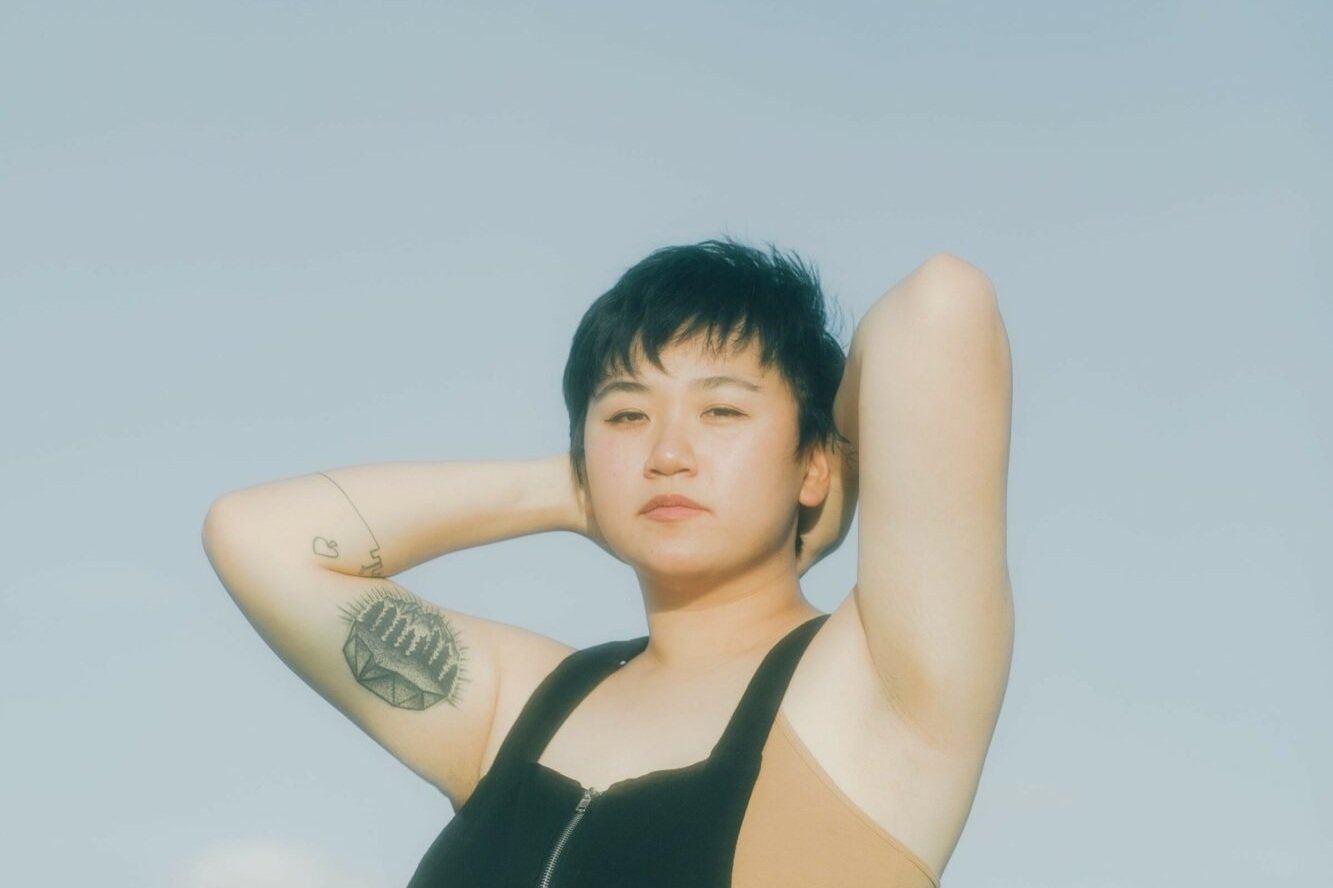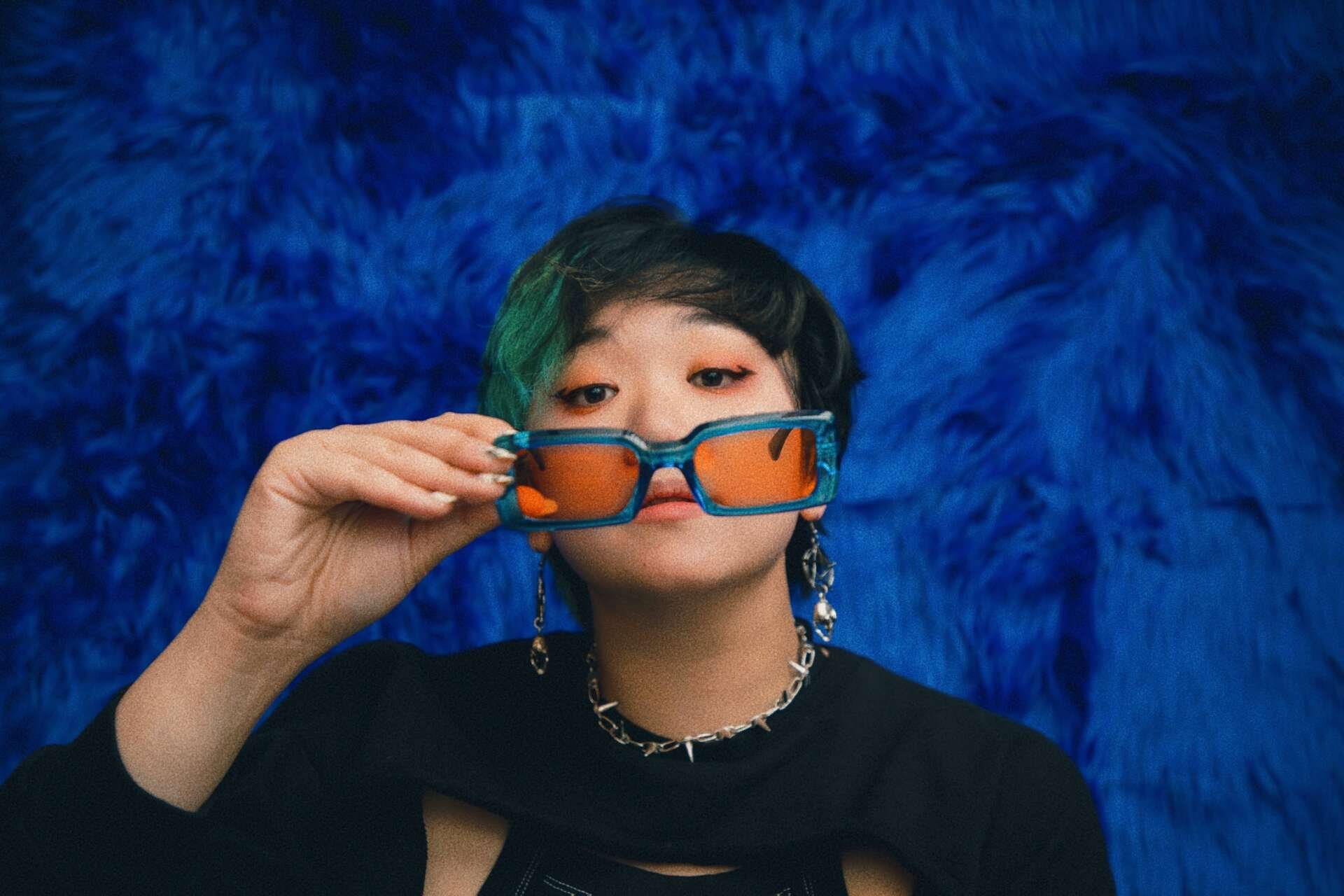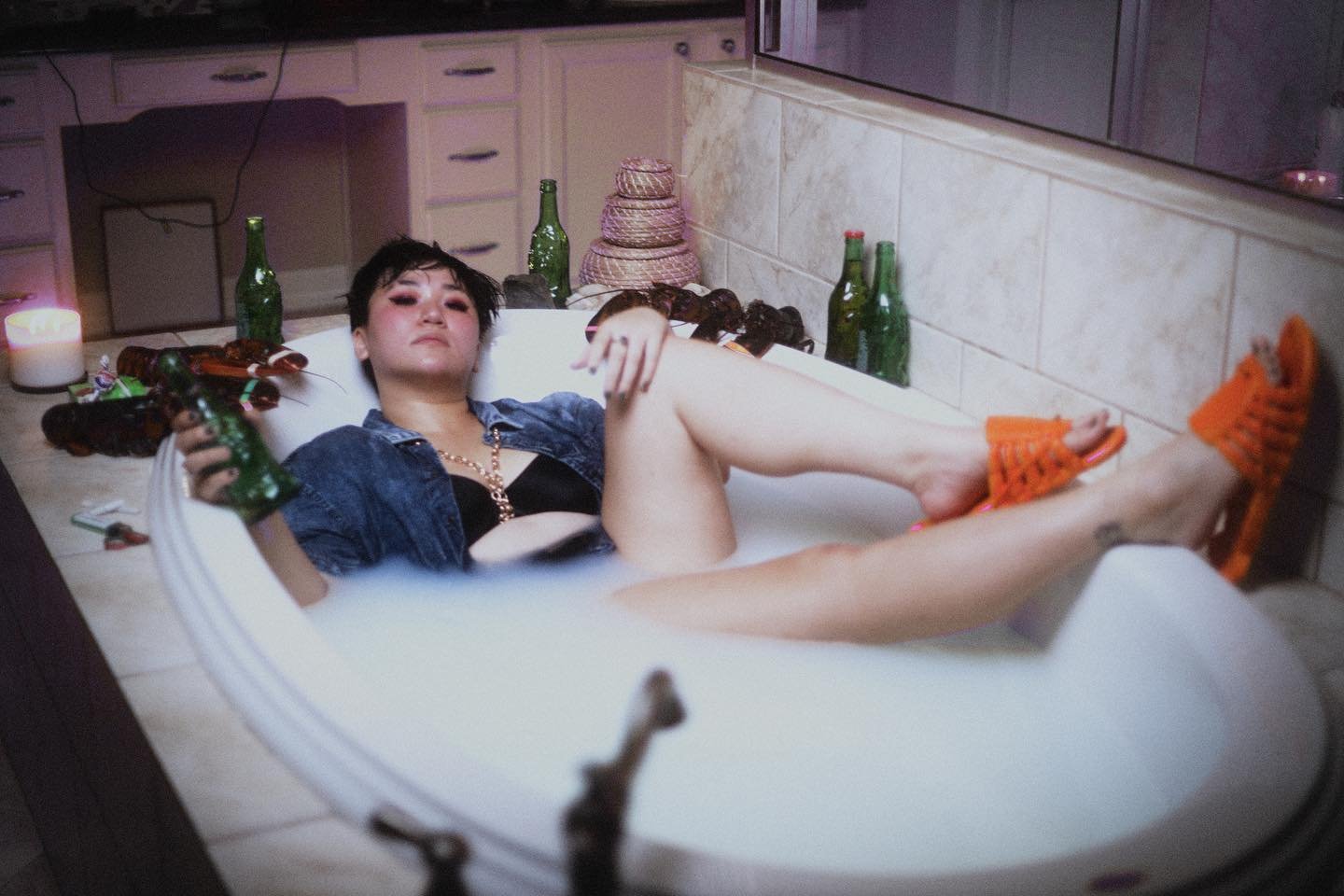Interview with Devyn Moon
Hailing from Houston, Texas, Devyn Moon is an accomplished singer, songwriter, and producer whose music captures the essence of quiet night drives and introspective moments. She skillfully blends R&B, Electronic, Chill-Hiphop, and Soul, forming a unique auditory tapestry.
Her musical journey began around 2017 after graduating high school, and since then, she has achieved international recognition. With multiple appearances on Apple Music's Top Charts across 14 countries and collaborations with renowned artists, Devyn's musical achievements speak volumes. Their label releases through Electro Pose have further highlighted her talent.
For Devyn, music is a dream realized. It's a passion that transcends time and space, making each endeavor feel like a seamless continuation of a captivating story. As she continues to craft her musical narrative, her dedication, and artistic vision promise an enduring impact on the global stage.
How did you first get started in music, and who were some of your early influences?
I was raised by a single parent two who was a war refugee of the Vietnam War and the Cambodian genocide. I had half-siblings but they were 20 years older than me, the closest one in age is about 11 years and he was actually a rapper. But most of the time I was a latchkey kid for the lack of a better word. So after school, I was going to the hair salon to work with my mom and then took my breaks to walk across the street to the guitar center and play on the demo instruments. The staff was kind enough to even give me free lessons. My half-brother would pick me up from time to time because I didn’t want to be home alone. But he would let me chill at the studio while he was making music as well. Later in high school, I would volunteer at the local church to do praise and worship. So I would say a lot of my influences in my music came from the people in the city who taught me from all walks of life. We didn’t have a lot of money growing up but making music was free and these moments definitely impacted me later on in life.
How has your identity as a member of the Asian-American and Pacific Islander diaspora influenced your artistic vision?
There were a lot of obstacles I had to face when starting out years ago as being seen as an AAPI artist. I think it definitely helped me work harder in defining my artistry in order to be seen. Subtle elements in my music are built from my desire to be seen in the industry and define who I am. Which is why I got into production/photography/multimedia art/dancing as well as singing and songwriting. Giving me more tools under my belt to build the world I see in my vision.
What has been the most difficult part of being an up-and-coming artist, especially one in an underrepresented community?
I think in the beginning it was difficult, but I feel as the years went on the things that set me apart became my greatest strength. There were times when it did feel lonely, like should I be doing this? Should I go back to college, and finish school and will I be able to support my family who’ve gone through war and came up from a different background/societal pressures than the people I usually meet in the industry? Eventually, you find your tribe of people who get it. Creativity evolves in places where our minds and souls have to be the most vulnerable. And embracing this aspect of my life and who I am made it much easier for me to express myself in my work in hopes that I can bring recognition to my community.
What do you write about? Where do you take it from?
I have plans to incorporate more of my cultural background into my music in the future. But for now, a lot of my music does talk about taking care of your mental health and breaking generation trauma and the impact it does have on mental health. Most of my music was inspired by the songs I would constantly hear on the radio 24/7 when working at my mom’s hair salon. So I like to think a good part of my musical inspirations come from the tunes of the working-class society I grew up in.
How do you think the music industry can better support and promote Asian-American voices and perspectives?
There has been steady development in Asian American creatives recently. But I still feel like there is a long way to go, hoping to see more South East Asian representation in the future rather than just roping AAPI artists as K-pop. And I think definitely recognizing the immigrants and children of immigrants that came to the country in the late 80s to the 90s and how that shaped the world we see today for AAPI creatives and what we are striving for will be important to the future of Asian American artists who grew up in the US.






